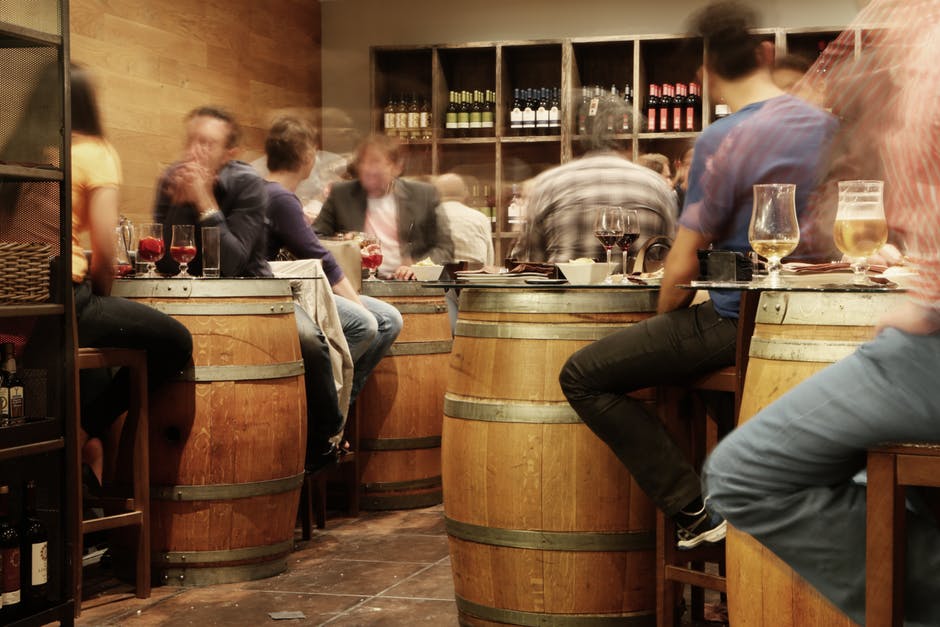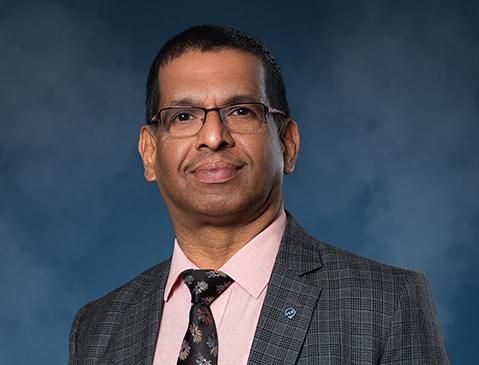Having a few drinks in today’s society is generally viewed as a harmless behavior. Not only is drinking allowed at most social events, but between billboards, commercials, and glossy pics, you can’t go half-a-day without spotting some sort of blatant alcohol promotion, unless you live under a rock.
“Hold my beer” memes make light of alcohol’s connection to impaired judgement and accidents, and the time Craig from the mail room got wasted at the Christmas party and danced on the boss’s table to Funkytown is everyone’s favorite story .
However, for the estimated 15.1 million adults who have a drinking problem, alcohol’s ubiquitous presence and the negative consequences of “throwing back a few” is no laughing matter. Only 1.3 million of those adults sought help, according to 2015 reports.
Problem drinkers may not have developed a dependence on the substance yet, and can regularly go long periods of time without drinking any alcohol at all, but when they do, it often disrupts their their normal life goals and brings negative consequences. They may want to seek support but with the high cost of therapists and counselors, busy schedules, and the stigma associated with seeking help, many people suffer in silence.
Michiel Bosman MD, a leading physician executive with a practice of over 280 mental health counselors, has recently released an alternative solution in the US.
Dr. Bosman’s online learning platform Open Forest is a supplementary self-help tool that operates like Duolingo or Udemy. Users of the application looking for support on a specific mental health topic, can log-in and use the online courses on the go. The new problem drinking course has a free trial, and after sports a bargain price tag of $25-50 dollars a month, far cheaper than traditional substance abuse therapy which can cost up to $150-200 dollars per hour.
“People are already utilizing applications and online platforms for a wide variety of purposes ranging from language-learning to meditation,” said Dr. Bosman. “We need the same development in the US mental health market as it could potentially help out millions of people who need really need it.”
Currently, there is no US — based platform that offers the same service as Open Forest. The common alternative is to seek your own medical advice online from un-vetted sources, which can potentially exacerbate existing issues.
Open Forest also offers courses on mindfulness, depression and anxiety. With so many people suffering the consequences of drinking problems, but unable to receive traditional support, the online platform has great potential to positively impact course subscribers by providing the support they need to overcome their biggest challenges.











